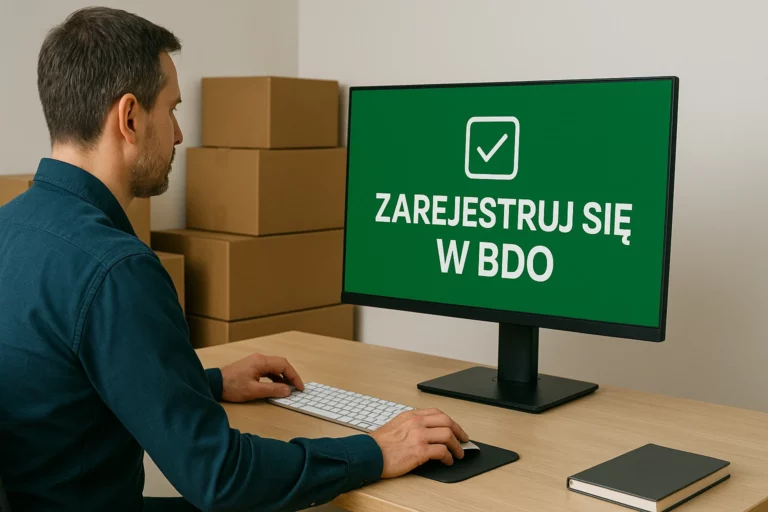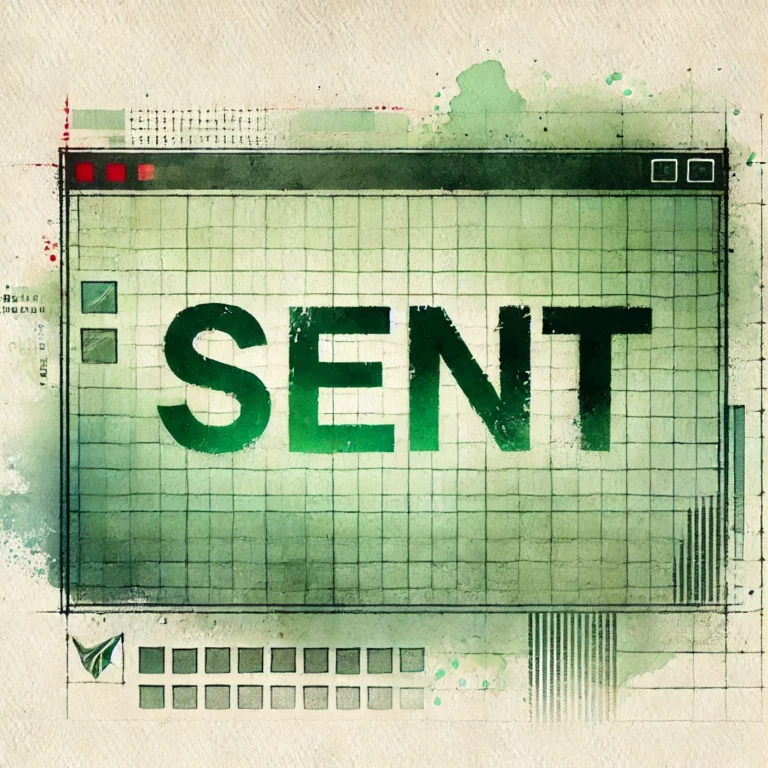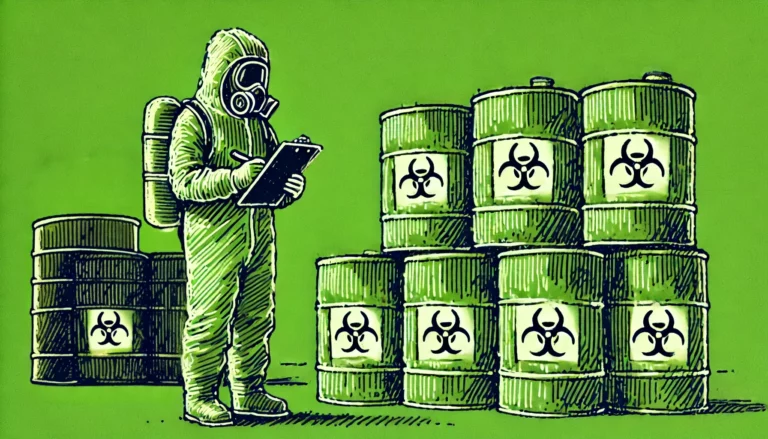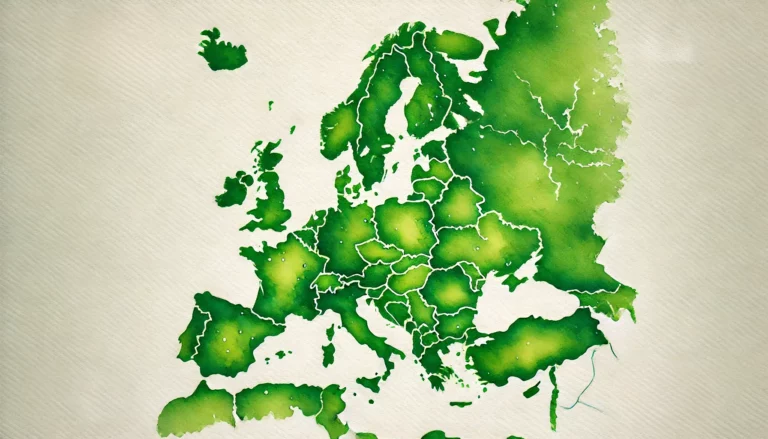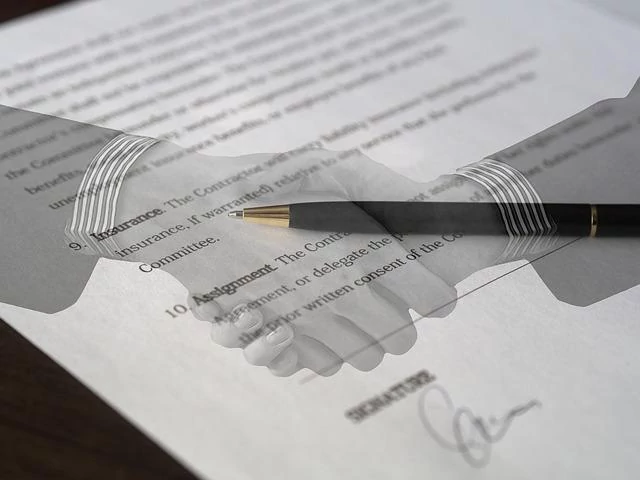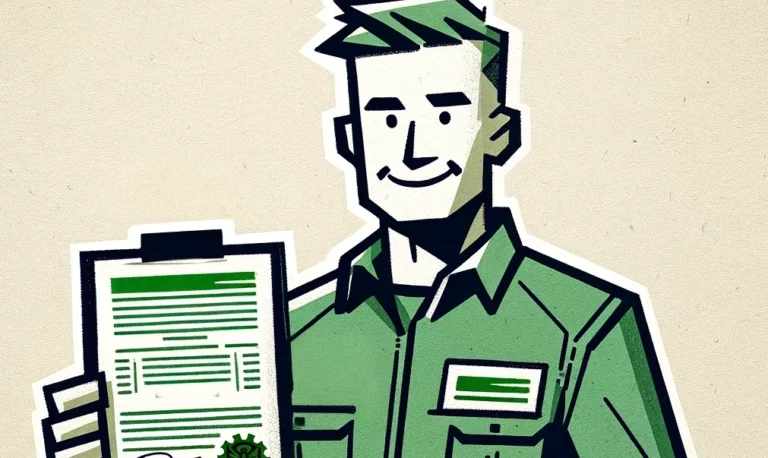Recycling plastics - how to legally donate waste?
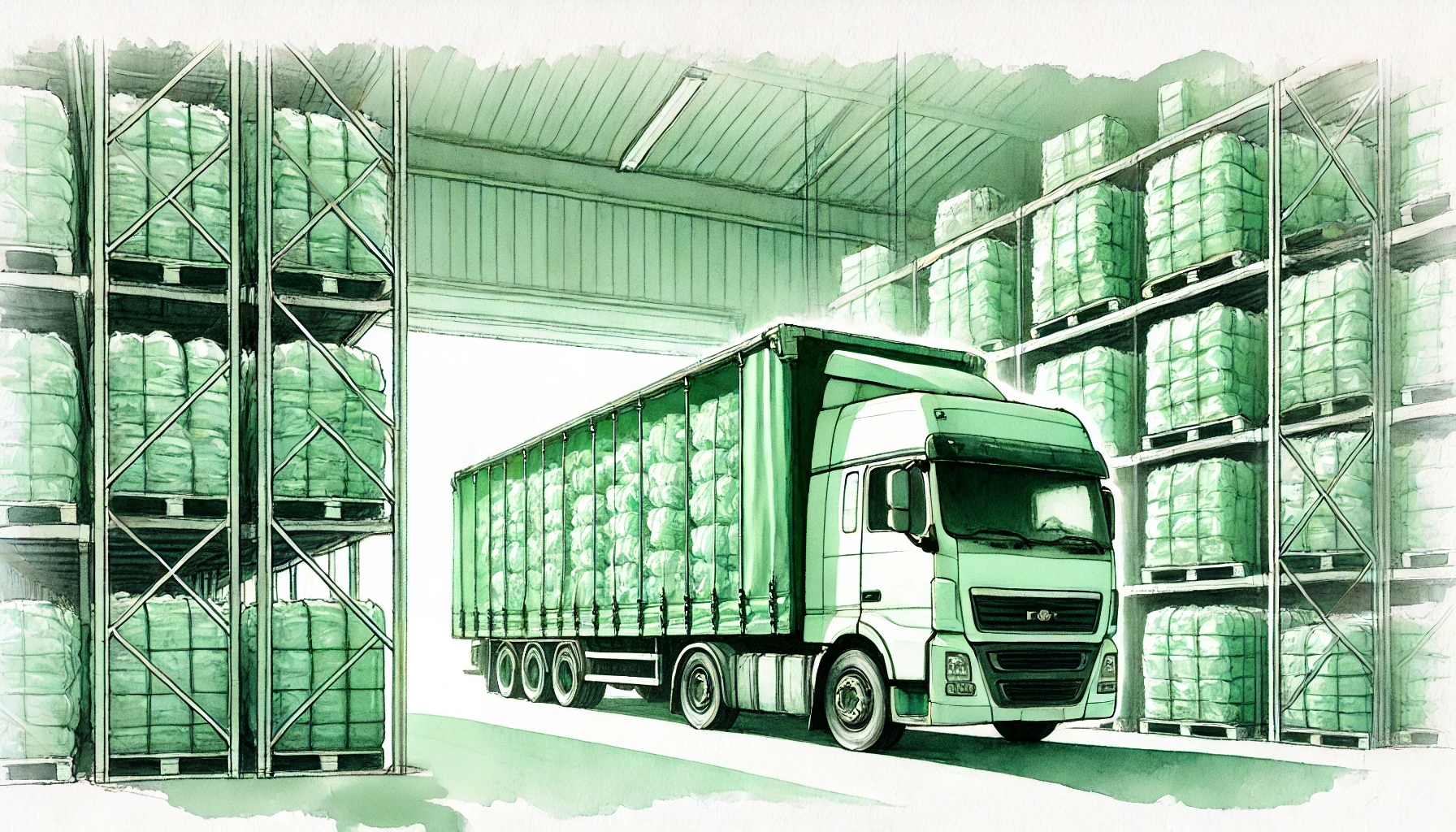
Plastics are ubiquitous in industry and, with their widespread use, the scale of the problem of their management is increasing. For companies, this means not only environmental responsibility, but also specific formal obligations. How can plastic waste be legally sent for recycling? What documents are required and what do you need to pay attention to in order to comply with the regulations?
Need help organising your plastic waste collection?
Statistics show that the production of plastics is increasing year on year, and consequently companies are generating more waste from them. However, only a small proportion of this is recycled - the rest goes to incinerators, landfill sites or is exported to other EU countries. Meanwhile, EU targets stipulate that by 2030. 55% of plastic packaging is to be recycled. This a huge challenge for the Polish waste industry.
Types of plastic - what do we include in this category besides plastic?
We colloquially equate plastics with 'plastic' - lightweight, flexible and most commonly found in packaging. However, it is actually a much broader category. We distinguish between, among others:
- Thermoplastics (PE, PP, PS, PET, PVC) - recyclable
- Thermoplastics - hardened once, impossible to melt again
- Elastomers - e.g. EPDM rubber, used in sealing applications
- EPS/XPS polystyrene - problematic for volumetric recycling
- Composites - plastics with added fibres or metals
- Silicones and speciality polymers - technologically challenging
Each of these materials differs in terms of chemical properties, reaction to temperature and recyclability. A lack of this knowledge leads to incorrect sorting and documentation errors. This in turn may result in the rejection of the waste by the recycler or even in an administrative penalty.
Why is plastics recycling still a big challenge?
Not everyone plastic waste can be easily recycled. The biggest challenges are:
- Contaminants - e.g. food residues, paint, metals
- Multi-material waste - e.g. aluminium foil with plastic
- Difficult to identify material markings
A significant proportion of such waste is sent for so-called energy recovery - incineration in specialised facilities with energy production. Some fractions are sent to recyclers abroad, most often to Germany, the Netherlands or the Czech Republic.
The transport sector plays a key role here. This is because transport must comply with cross-border regulations, based on proper documentation (e.g. in Poland it will be KPO, while in export it will be Annex VII or CMR). It must also ensure the safety and traceability of the material.
Recycling plastic waste - who should prepare for it and how?
Plastic waste generator:
- Maintenance of records in the BDO system
- Generation of a Waste Transfer Note
- Handing over waste only to entities with valid permits
- Retention of records for a minimum of 5 years
Intermediary (broker):
- Registration of waste management activities
- Responsibility for the legality of the entire chain (consignee, transport, documents)
- Agreements with manufacturers and recyclers
Transport company:
- Entry in BDO under section VII
- Issuing transport documents (CMR, KPO, SENT for large volumes)
- Obligation to have a licence and vehicle marking
Recycler:
- Permit for waste treatment or recovery
- Registration and reporting system (e.g. to the provincial marshal)
- Possibility of issuing a recovery/recycling receipt (for customer billing)
Benefits of recycling plastics - who benefits most?
By recycling plastics, it is possible to reduce the consumption of primary raw materials and production costs. The biggest beneficiaries are:
- Construction industry - use of regranulates in insulation, pipes, finishes
- Automotive - the use of plastics in bodywork and interiors
- Packaging production - recycling PET and HDPE into new bottles and containers
- Technical textiles - e.g. recycled fibres for sportswear
All these industries benefit from cheaper, more accessible raw material and the implementation of ESG strategies and environmental targets.
How Ecology24 supports companies in recycling plastics
For more than 10 years, we have been supporting companies from all over Poland and Europe in legal and efficient waste management. We not only help obtaining permits and record-keeping, but also:
- Finding the right recycler
- Organise lawful transport
- Take control of documentation
- Avoid the most common mistakes
We act comprehensively - from the preparation of documents to the final recovery of waste. Trust the experience of Ecologistics24.
What are companies asking for in terms of plastic waste?
WASTE
Plastic waste includes, among others, films (LDPE, HDPE), plastic packaging, PET bottles, household chemical containers, caps, polystyrene, engineering plastics (ABS, PC, PS), PVC pipes and fittings, as well as used plastic parts used in industry or agriculture.
No. Only certain plastics are accepted for material recycling, e.g. PET, HDPE, LDPE, PP. Multi-material, contaminated or cured plastics (e.g. PVC, polycarbonates, epoxy resins) often end up in incineration or landfill.
Such companies are obliged to keep waste records (BDO), to transfer waste only to authorised parties and, if they exceed the relevant thresholds, to obtain a waste permit and to carry out annual reporting in the BDO system.
No. Packaging waste may be classified differently from process waste, even if it is of the same plastic. What matters is the source of the waste.
Yes, companies generating or transporting waste must prepare Waste Transfer Notes (WTP) and, if they exceed thresholds, annual reports.
TRANSPORT
Yes, the transport of waste in Poland requires an entry in the BDO register in the waste transport section. In the case of international transport, you may need additional approval (e.g. notification of transport or Annex VII).
For most shipments within the EU, Annex VII in accordance with Regulation 1013/2006 will suffice. In addition, you will need a CMR document. If the waste is considered hazardous, the generator of the waste must make a notification and obtain approval for the shipment.

